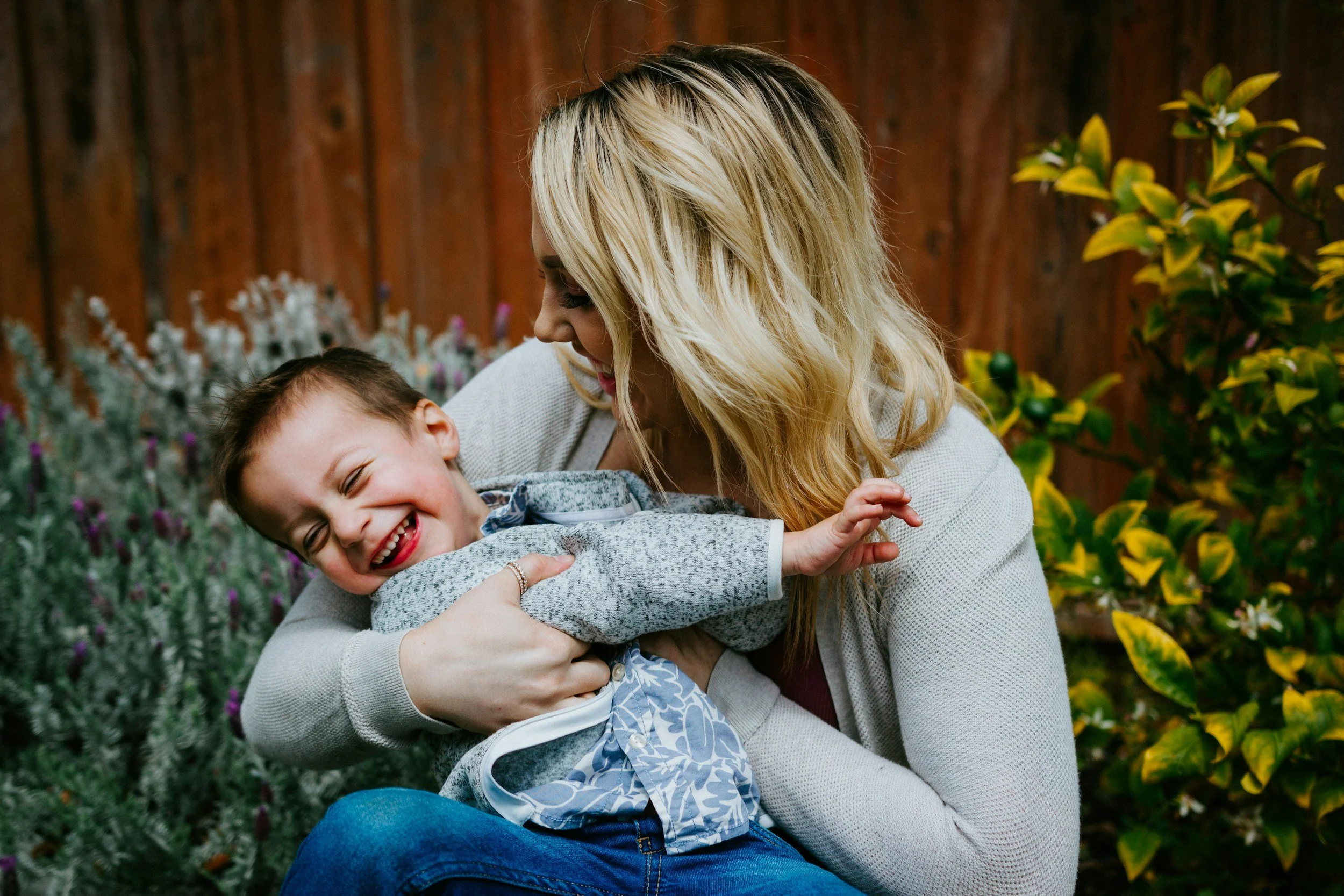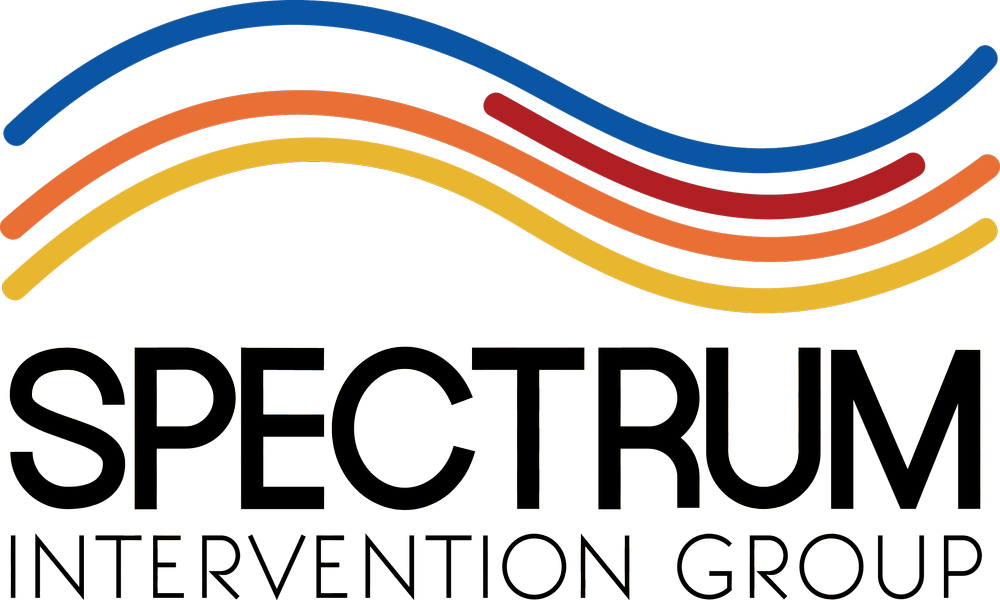
Our Services
Services are available in French and English
All Our Services Are:
Individualized
Based on comprehensive assessments
Based on the principles of applied behaviour analysis
Collaborative: They always Include your goals and priorities
Culturally sensitive
Trauma informed
Evidence based
Data driven
Overseen by a Registered Behaviour Analyst
Our Services
-

One to One Services
Comprehensive 1:1 Services
For ages 18 months and above
12 or more hours per week
Program details:
Each learner receives a customized program designed around parent goals, clinical priorities, and the individual's unique needs. We use a variety of assessment tools to guide programming and monitor progress.
Programs target a wide range of developmental areas such as communication, social skills, play and leisure, behaviour reduction, school readiness, adaptive functioning, cognitive development, and vocational skills.
Focused 1:1
For ages 18 months and up
4-9 hours per week
Program Details:
Focused ABA services customize programming around parent goals (fewer than comprehensive programming), clinical priorities and the individual’s unique needs.
-

Treatment of Challenging Behaviour (Skill Based Treatment)
Appropriate for any learner whose problem behaviour is preventing them from participating in home and the community
4-10 hours per week
Program Details:
This program is designed for learners who exhibit frequent and/or intensive dangerous/harmful behaviour that significantly interferes with their ability to participate in daily activities across home, school, and community settings. The intervention begins with a comprehensive analysis to determine the variables that contribute to challenging behaviours and which variables are successful in de-escalating challenging behaviour. Based on the results, a function-based treatment protocol is developed, typically incorporating Functional Communication Training (FCT) and delay or denial tolerance training. These strategies are aimed at reducing problematic behaviours while teaching appropriate, functional alternatives and increasing skills.Spectrum staff has received extensive training in the implementation of Skill-Based Treatment, which is typically recognized as the the gold standard for the treatment of severe problem behaviour. Our staff have been implementing Skill-Based Treatment at our centre for over 10 years. For more information, please see FTFBC.
-

Strive
For individuals over the age of 16.
The sessions are 2.5 hours once a week and is a small group format (approximately 6 participants).
Program Details:
Our Strive Program is designed to teach social and independence skills needed for teens with intellectual delays to participate in supported work and day programs. This supportive and engaging program is delivered in a reduced staff-to-student ratio (1 staff for 3 participants), allowing for individualized attention while encouraging independence.
The program focuses on four key areas:
1. Vocational & Work Skills – Hands-on training and practice in workplace routines, task completion, time management, and problem-solving to prepare participants for supported or competitive employment opportunities.
2. Communication Skills & Self-Advocacy – Building confidence in expressing needs, preferences, and boundaries, participating in group discussions, and navigating social situations in work, school, and community settings.
3. Independent Adaptive Skills – Strengthening daily living skills such as meal preparation, money handling, personal care, and household management to increase independence at home and in the community.
4. Community & Safety Skills – Real-world practice in navigating public transportation, understanding pedestrian and public safety rules, using community resources, and responding appropriately to emergencies.
Through structured activities, role-play scenarios, community outings, and hands-on projects, participants gain practical skills that foster independence, self-confidence, and readiness for adult life.
Requirements for participants to join are:
- Individuals born between 2004-2009
- who are able to communicate in full sentences and do not engage in dangerous behaviours.
-

School Life Skills (SLS)
For learners born between 2009 – 2011
Ongoing, in person
6 hours per week
Intake based on availability
Program details:
The School Life Skills program runs 1 day per week with the day divided into 2 sessions. One 3-hour session runs in centre and one 3-hour session runs in the community.
Our School Life Skills Program is designed to help youth build confidence and independence through a balance of in-centre learning and real-world practice.
During the in-centre portion of the day, learners engage in hands-on activities such as cooking, interactive functional life skills lessons, and live coaching of interpersonal skill development. These activities provide a supportive environment to practice everyday routines and social interactions.
The community-based portion of the day focuses on applying these skills in real-world settings. Learners practice community navigation, including using public transportation, shopping, ordering and paying in stores and restaurants, while building positive interactions with community helpers.
This structured approach helps youth develop essential life skills that support independence, self-advocacy, and successful participation in their communities.
-

Balance
A 14-week parent mediated online (virtual) program aimed at preventing problem behaviours
Families with OAP funding
1 hour per week for 14 weeks
Cohorts begin in September, January, and April.
Program Details:
The caregiver will meet weekly with a Registered Behaviour Analyst to teach their child the skills they need to help prevent problem behaviour. These include building a positive relationship with adults, functional communication, tolerating delays and denials and cooperating with tasks.
-

Behavioural Consultation/Parent Training
Ages 18 months and above
Individualized short-term support
Program Details:
This service is for caregivers who are facing challenges in one specific area at home and would like to work with a Registered Behaviour Analyst to receive targeted recommendations and guidance to address this area.
-

*NEW* BOOST
A 9-week program for caregivers and their children aged 4-9.
Combination of individualized parent meetings and in person group with the children.
See Below for more information.
BOOST
We are excited to be able to offer this program thanks to a generous grant from the Andison Family Foundation
Please send your completed registration forms to

